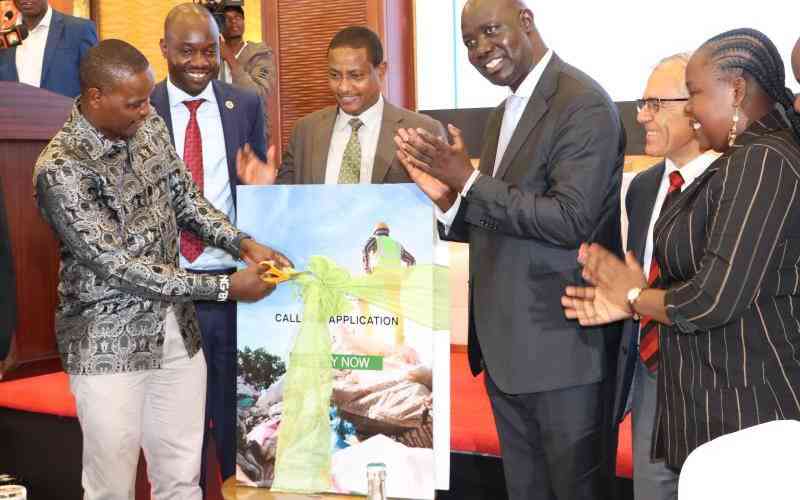×
The Standard e-Paper
Home To Bold Columnists

Small and Medium Enterprises(SMEs) dealing in waste management stand a chance to win funding, among other benefits, to bring to life innovative business models that embrace circular economy principles.
This is after IKEA Foundation gave Kenya Climate Innovation Centre (KCIC) USD5 million (Sh778 million) through the three-year Sustainable Waste Innovation for a Future in Transition (SWIFT) programme.